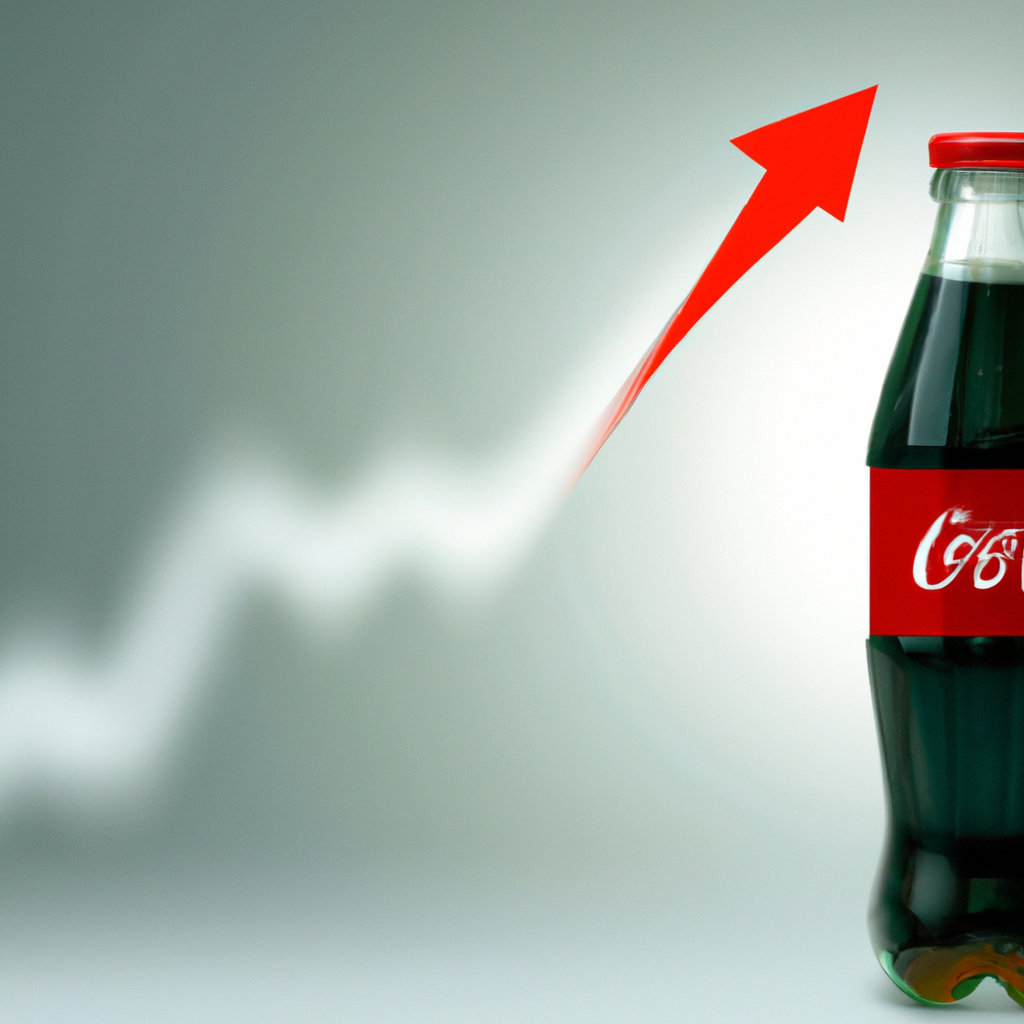Consumers in the U.S. are delaying soda purchases due to the rise of weight loss medications and non-alcoholic beverage options. However, Coca-Cola reported strong second-quarter earnings, supported by robust global demand for its products, leading the company to increase its full-year forecast.
Coca-Cola CEO James Quincey expressed optimism about the company’s second-quarter performance, which showed solid revenue and operating income growth amid changing market conditions. Despite this, volume sales in North America saw a 1% decline during the quarter. Quincey attributed the downturn in the U.S. market to a decrease in sales from channels like restaurants and cafes, affecting the sales of water, sports drinks, coffee, tea, and sodas.
The slump in volume was partly balanced by the success of Coca-Cola’s Fairlife milk and its flagship soda products, which ranked among the highest in retail sales growth for the quarter. To counteract the volume decline, the company is collaborating with food chains to include its sodas in combo meals, particularly with McDonald’s, to enhance their $5 meal deal that includes soft drinks.
Overall, Coca-Cola exceeded analysts’ expectations, reporting $12.4 billion in revenue for the second quarter, translating to about $0.84 per share. Analysts had anticipated revenue of $11.76 billion, or roughly $0.81 per share, according to FactSet.
The company has raised its forecast for organic revenue growth to between 9% and 10%, an increase from its earlier guidance of 8% to 9%.
Similar to Coca-Cola, Pepsi is facing challenges in attracting U.S. consumers, who are increasingly opting for health-focused and weight-loss products. A Gallup poll indicates that young adults in the U.S. are consuming less alcohol than before. In July, Pepsi attributed its weaker second quarter to several product recalls.
